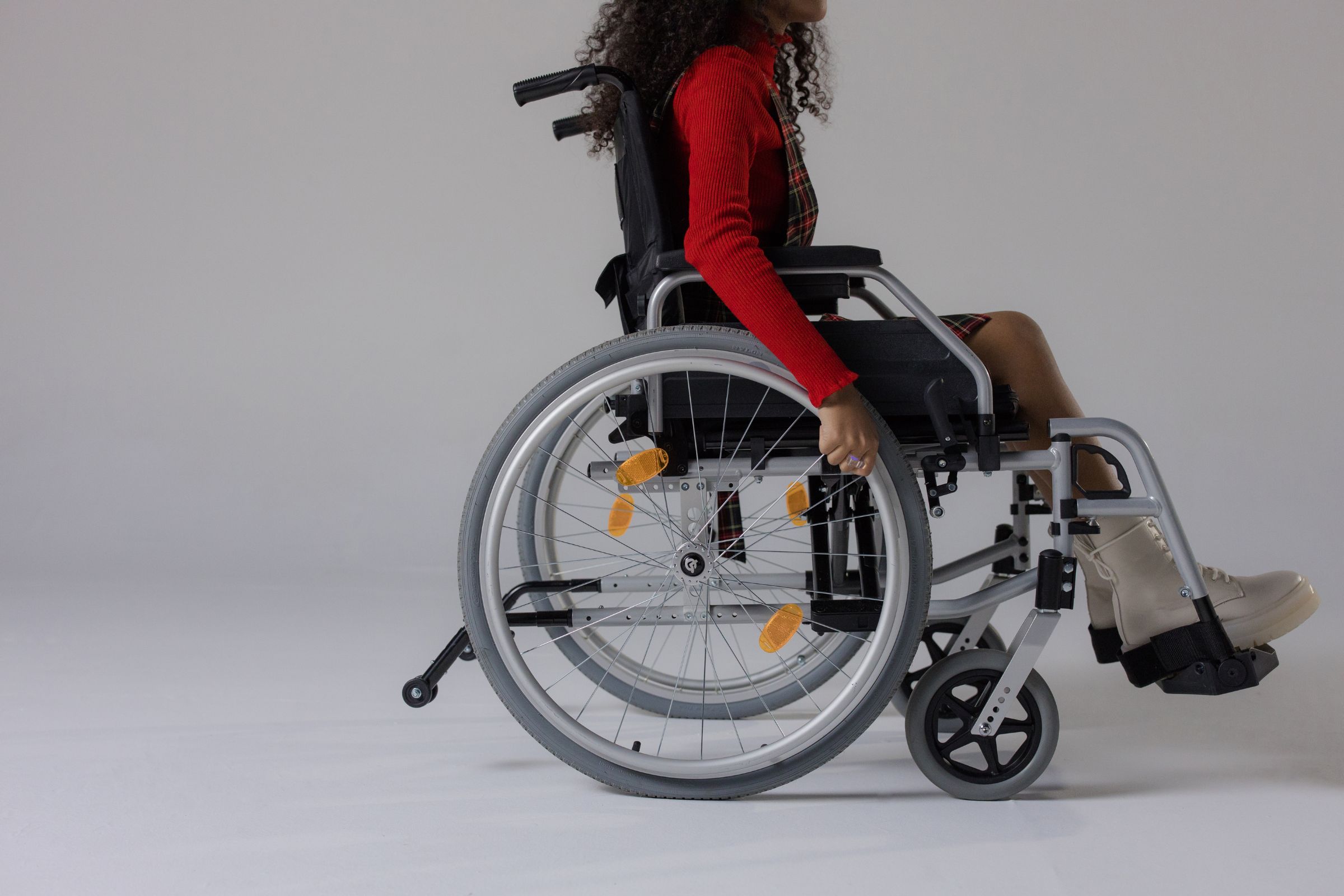For individuals who use wheelchairs, accessibility at home isn’t just a convenience—it’s a necessity. Whether it’s navigating a porch, reaching a second floor, or moving between levels of a split-entry home, vertical platform lifts offer a practical, reliable, and safe solution. If you’re looking to enhance mobility in your home, this guide to vertical platform lifts in NJ will help you understand your options, benefits, and installation considerations.
What is a Vertical Platform Lift?
A vertical platform lift (VPL), often referred to as a wheelchair lift, is a motorized platform that transports users and their mobility devices vertically between two levels. Unlike inclined lifts or traditional elevators, a VPL is designed specifically for wheelchair users, providing a smooth ride without the need to transfer out of the chair.
VPLs are especially useful in locations where a ramp isn’t practical due to limited space or steep inclines. They can be installed both indoors and outdoors, making them one of the most versatile wheelchair lifts for homes.
Key Benefits for Wheelchair Users
For those seeking dependable accessibility lifts for wheelchair users, vertical platform lifts offer several major advantages:
- Seamless Access Across Levels: VPLs make it easy to access porches, decks, garages, and multi-story spaces in the home without navigating stairs.
- Stay in Your Wheelchair: Users can ride the lift while remaining safely seated in their wheelchair, removing the stress of transferring.
- Indoor and Outdoor Flexibility: Many models are built to withstand New Jersey’s weather conditions, offering year-round home wheelchair lift options for outdoor entryways.
Home Installation Considerations
Installing a VPL in NJ requires thoughtful planning to ensure safety, compliance, and function. Here are the primary factors to consider:
- Space Requirements: VPLs typically require a clear vertical shaft area or side of a staircase. For outdoor use, ensure there’s a solid, level landing for installation.
- Weight Capacity: Most lifts support up to 750 lbs, but you’ll want to confirm the model can accommodate the user and their mobility device.
- Power Source: VPLs typically run on household electricity but may also include battery backups to ensure operation during power outages.
- Permits and Code Compliance: VPL installation in NJ must meet state and local building codes. Working with a licensed installer ensures proper permits and code adherence.
Choosing the Right Vertical Platform Lift
Not all VPLs are created equal. When evaluating home wheelchair lift options, keep the following in mind:
- Indoor vs. Outdoor Use: Make sure the model you choose is rated for your intended environment. Outdoor units should be weather-resistant and include proper drainage.
- Travel Height: Lifts come in various sizes. Choose one that supports the height needed between floors or entryways.
- Platform Size: Consider the space needed to comfortably fit the wheelchair and any accessories like oxygen tanks or service animals.
- Reliable Brands and Service: Choose from reputable manufacturers and work with experienced installers in New Jersey for smooth operation and dependable service.
Conclusion
Vertical platform lifts in NJ offer a safe, practical, and efficient way to improve home accessibility for wheelchair users. With benefits like ease of use, independence, and reliable performance in both indoor and outdoor environments, VPLs are among the best accessibility lifts for wheelchair users available today. Whether you’re upgrading your home to support aging in place or adapting for a family member’s mobility needs, exploring VPL installation in NJ is a smart investment. Reach out to a trusted local provider to learn more about the right home wheelchair lift options for your space and lifestyle.


